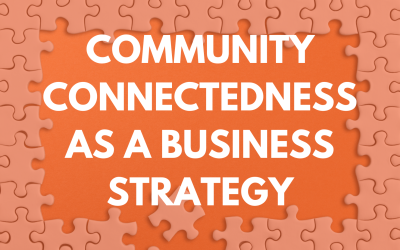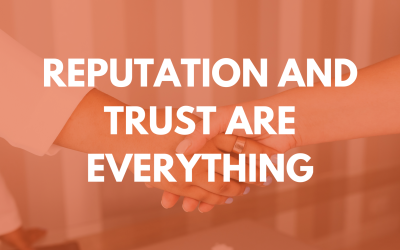People who do not work in a “creative shop” (i.e., ad agency, PR firm, graphic design boutique) sometimes imagine that our days consist of sitting around in comfy chairs drinking strong coffee in the morning or craft beer in the afternoon and tossing balls or frisbees to one another while discussing our clients’ challenges. Voila, a brainstorming session!
Brainstorming meetings that produce meaningful results have their roots – and can attribute much of their ultimate success – not to providing an atmosphere akin to an adult playpen so much as to the group’s commitment to the value of critical thinking.
The French essayist, Joseph Joubert, aptly said that “it is better to debate a question without settling it than it is to settle a question without debating it.” This is sometimes difficult for businesses and organizations to make themselves do because we are all multi-tasking and rushing to fit as much as we possibly can into each and every day. If we can reach a quick conclusion and move on to our next task, we are happy. We measure success according to the number of things we can squeeze into a business day, not according to the quality of the solutions we provide to various problems. But critical thinking can make the difference between the obvious answer and the truly inspired idea.
So what exactly is “critical thinking?” Frequently it starts with good listening. When another person’s ideas are fully understood – without others in the group jumping in to quickly criticize or dismiss them – their strengths and weaknesses can be better sorted out.
Critical thinking requires an open mind and the ability to be objective. This type of thinking rigorously questions ideas and assumptions, but within a positive context. Someone with well-honed critical thinking skills can recognize, appraise and build on ideas and arguments by utilizing a reflective approach. Rather than simply relying on intuition or instinct, they analyze ideas and solve problems more systematically.
This may sound counter to what we think of as typical brainstorming – throwing off-the-wall concepts on a white board and then seeing which ones “stick.” While it is important to explore a wide range of possibilities and to consider many aspects of a potential solution, the most productive problem-solving meetings revolve around the ability of the group to use reason to determine the importance and the relevance of particular ideas.
Sometimes work groups harbor unspoken personal conflicts and even struggles for power, which cause otherwise legitimate ideas to get attacked and eventually buried before they can be adequately considered. The idea generation group has to enter the meeting with a sense of mutual respect and leave any jockeying for power at the door.
What is acceptable is the use of probing questions, the establishment of frames of reference, verification of assumptions and consideration of all implications of moving forward with an idea or a new concept. Good brainstorming sessions don’t end with everyone rallying behind their favorite idea on the white board. They conclude only after that favorite idea has been fully vetted and soundly analyzed according to how it will become actionable and what outcomes it will lead to.
Good critical thinkers frequently possess the following traits:
● The ability to remove emotion and personal bias from an issue
● “Active listening” skills
● A need to gather all of the information required to analyze the merits of a particular idea or solution before embracing or dismissing it
● A logical (rather than purely intuitive) approach to decision-making
● A healthy sense of skepticism
● A good balance of both quantitative and qualitative skills
● The ability to effectively communicate ideas to others
I would add that a sense of humor and not taking oneself too seriously can be helpful traits in brainstorming meetings as well. Creativity can be enhanced through open-minded thinking, really listening to other people’s ideas, and reaching beyond the obvious, first-response answers.
Cathy Ackermann, founder and president of Ackermann Marketing and PR, may be reached at cackermann@thinkackermann.com.




